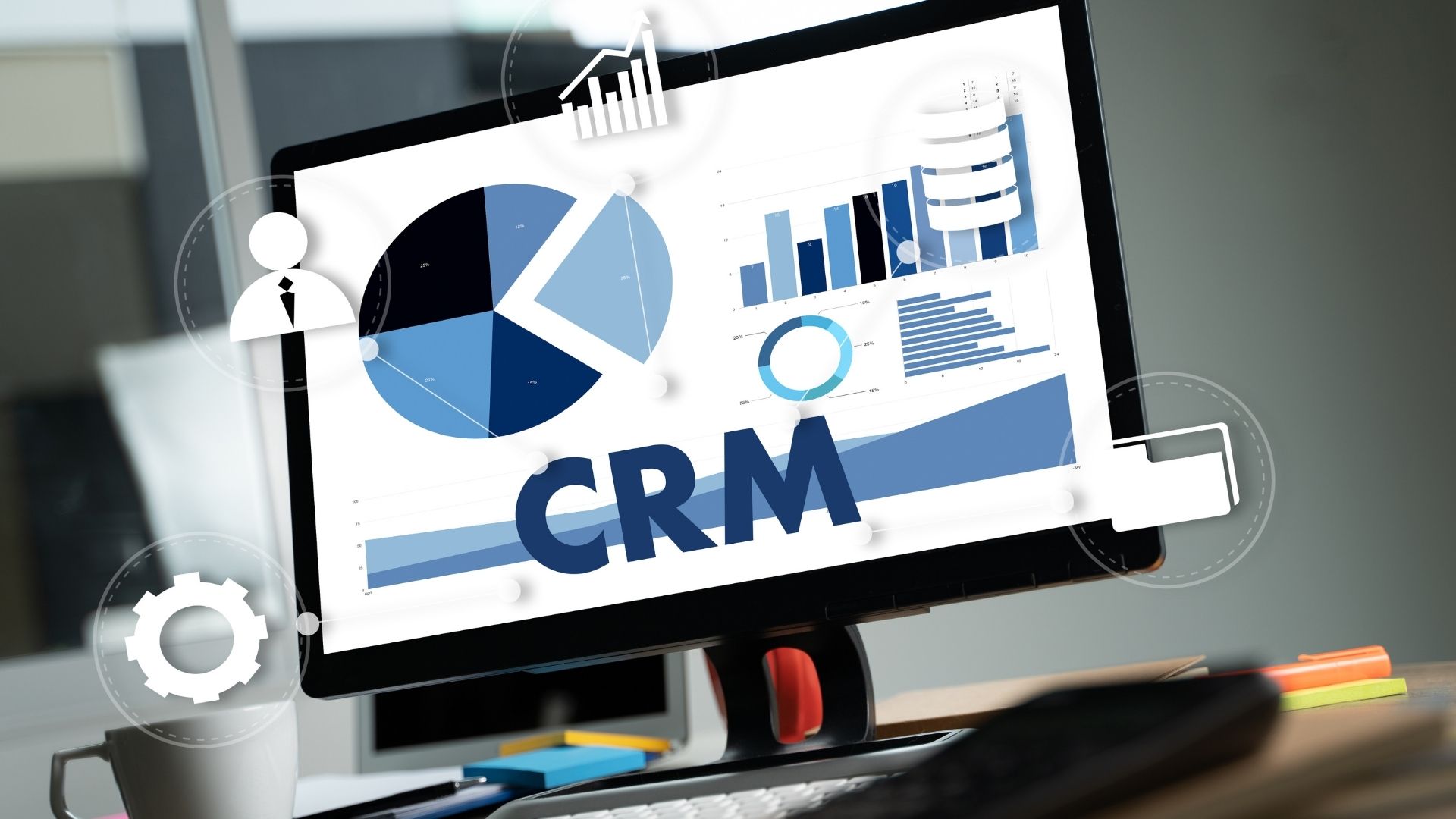Best CRM for Small Business: Top Solutions to Streamline Customer Management
Choosing the best CRM for small business can have a significant impact on how you manage customer relationships, track leads, and grow your business. Customer Relationship Management (CRM) software helps small businesses stay organized, automate sales processes, and deliver better customer service. With so many options available, selecting the right CRM solution can be overwhelming. This article explores the top CRM systems specifically designed for small businesses, focusing on features, ease of use, and pricing to help you make an informed decision.
Why Small Businesses Need a CRM
In a competitive market, building and maintaining strong customer relationships is essential. A CRM system enables small business owners to:
- Centralize customer information
- Track interactions across multiple channels
- Automate repetitive tasks
- Generate leads and manage pipelines
- Enhance customer service and retention
Without a CRM, businesses often struggle with disorganized data, missed opportunities, and inconsistent customer experiences. The right CRM tool helps streamline operations and gives small teams the tools they need to grow efficiently.
Top Features to Look for in the Best CRM for Small Business
When evaluating CRM solutions, here are key features small businesses should prioritize:
- Ease of use and quick setup
- Lead and contact management
- Email and communication tracking
- Integration with tools like Gmail, Outlook, and e-commerce platforms
- Mobile access for on-the-go management
- Affordable pricing plans
1. HubSpot CRM
HubSpot CRM is widely regarded as one of the best CRM options for small businesses due to its robust free plan and user-friendly interface. It offers contact management, email tracking, pipeline management, and integration with HubSpot’s powerful marketing and sales tools.
Pros:
- Generous free plan with no expiration
- Intuitive dashboard and customization options
- Scalable with premium features as your business grows
Cons:
- Advanced features can become expensive
- Some automation tools are limited on the free tier
2. Zoho CRM
Zoho CRM is another top contender, especially for budget-conscious small businesses. It provides robust features such as sales automation, analytics, and multi-channel communication.
Pros:
- Affordable pricing tiers starting at $14/month
- Customizable workflows and dashboards
- Integration with over 40 Zoho apps and third-party tools
Cons:
- Learning curve for advanced customizations
- Interface may feel dated compared to newer platforms
3. Pipedrive
Pipedrive is a sales-focused CRM that’s ideal for small teams looking to manage pipelines more effectively. With a clean, visual interface, it’s great for tracking deals and automating sales tasks.
Pros:
- User-friendly and visually appealing dashboard
- Excellent pipeline and deal management
- AI-powered sales assistant
Cons:
- No free plan (14-day free trial available)
- Less focused on marketing tools
4. Freshsales by Freshworks
Freshsales offers a strong blend of sales and marketing automation, making it a powerful all-in-one CRM for small businesses. It includes email campaigns, lead scoring, and integrated phone and chat.
Pros:
- AI-driven insights and lead scoring
- Omnichannel communication support
- Free plan available for up to 3 users
Cons:
- Fewer third-party integrations than competitors
- Advanced automation locked behind higher-tier plans
5. Insightly
Insightly combines CRM and project management, which is great for service-based small businesses that need to track both customer relationships and project deliverables in one platform.
Pros:
- Built-in project management tools
- Good Gmail and G Suite integration
- Customizable lead and opportunity tracking
Cons:
- Interface can be unintuitive for new users
- Pricing plans increase quickly with scale
Choosing the Best CRM for Your Small Business
When choosing the best CRM for small business, consider the following:
- Your team size: Some CRMs are better suited for solo entrepreneurs, while others scale well with teams.
- Budget: Many CRMs offer free plans or low-cost tiers, which are ideal for startups and small businesses.
- Required features: Identify whether you need sales automation, marketing tools, or customer support functionalities.
- Ease of use: Choose a CRM that your team can easily adopt without extensive training.
Most platforms offer free trials, so it’s a good idea to test a few options before committing to one.
Conclusion
The best CRM for small business is one that fits your specific needs, scales with your growth, and is easy for your team to use. HubSpot, Zoho CRM, Pipedrive, Freshsales, and Insightly are all excellent options depending on what features you prioritize. By investing in the right CRM, small businesses can manage customer relationships more efficiently, boost sales, and improve overall operations—all key ingredients for long-term success.

